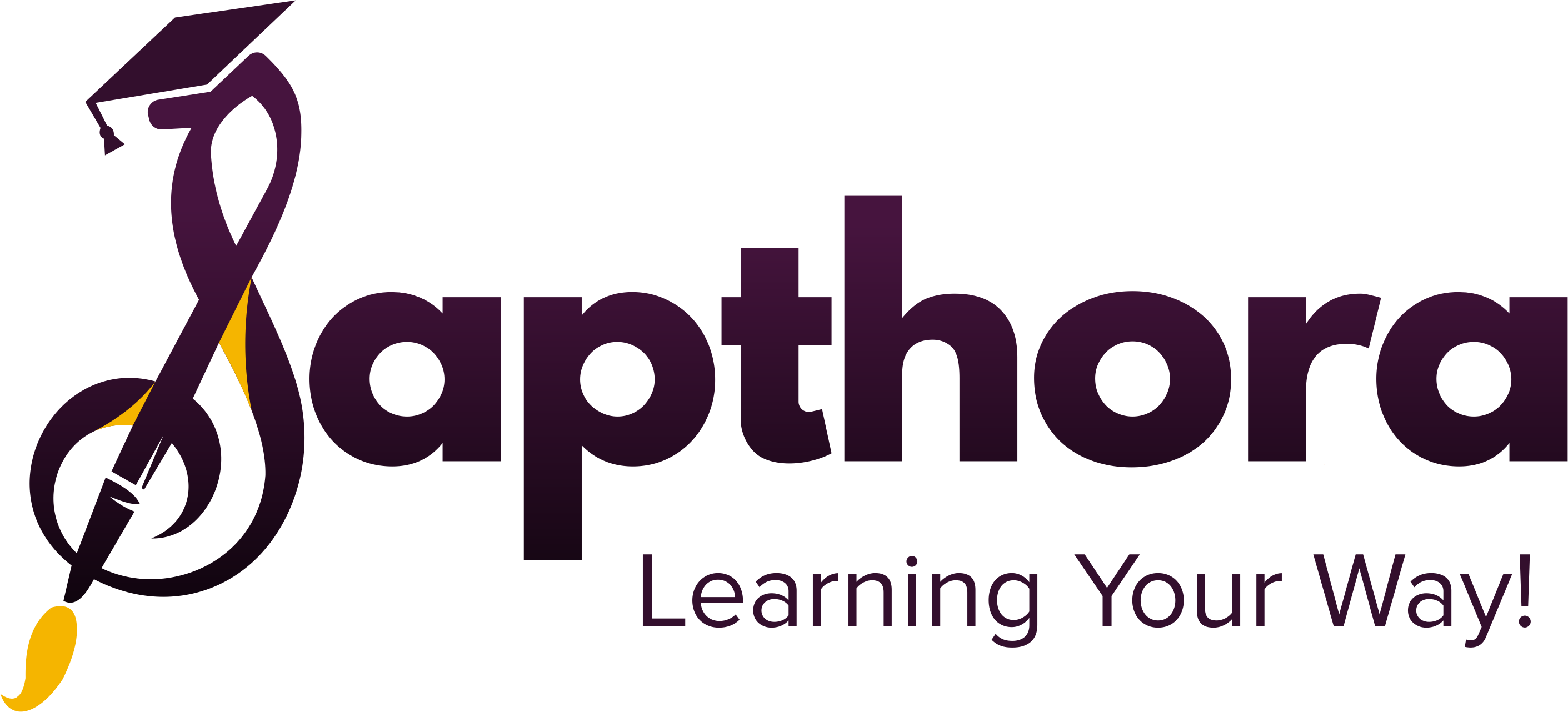Web Development Beginner
Beginner Overview of Level Curriculum (HTML):
By the end of this beginner-level course, you will:
- Understand how the internet and web pages work.
- Learn HTML to create the structure of web pages.
- Create your own web pages and basic projects.
- Learn how to publish your websites online.
- Understand online safety and privacy
Overview of the level: –
Total Duration: 24 – 30 Hours
Age: 12 years and above
Group Size: Up to 3 Students
Session Duration: 50 minutes
Schedule: Once A Week
Outcome by the End of the Course Completion Beginner Level (HTML):
By the end of this beginner-level course, students will:
- Confidently create basic websites.
- Design and build static websites using HTML.
- Ensure their websites are functional and user-friendly.
- Tackle fundamental coding challenges effectively.
- Understand the basics of web safety and privacy.
- Have the skills to create and manage simple web projects with confidence.
- Overview
- Prerequisites
- Course Curriculum
- Learning Outcome
- FAQs
Chess is life. It touches every part of our life.
The Novice level is designed to introduce the game and fundamental concepts of chess to the students.
The goal of teaching Chess is to:
- Introduce basic concepts and techniques
- Develop interest towards the game
- Develop an understanding towards the game and enhance their strength and grip over the game
- Develop decision-making and concentration
This program will not only help the students in learning chess, but also guide them in their personal growth.
Overview of Novice Level :
- Total Duration : 28 – 30 sessions
- Age : 5 years and above
- Group Size : 5 – 8 learners
- Session Duration: 45 – 50 Minutes
- Class Schedule: Once a week
Prerequisites to join the course
- The learner should be 4 years and above
- No prior learning required
- Inclined towards learning the game
Tools, software and material needed:
- Zoom Software
- A chessboard
- A multi camera setup.
- Introduction to Game and Chess board
- Moment of Pieces.
- Attack and Capture.
- The Pawn.
- Defending.
- Check and Moving out of check.
- Mate.
- Mate in 1.
- Castling.
- The Profitable Exchange.
- The Two fold Attack.
- Mate or Stalemate.
- Notations
Outcome by the end of the level:
- Students approach towards the game of chess will improve.
- They will understand that it is easy to learn and enjoy the game.
- Students will understand the basic tactics / strategies and techniques of the game.
Once students complete the Novice level, they are ready for the Beginner level.
1. Is this an easy game for my child to learn?
A: Chess is an easy game to learn. It requires nothing more than an average intelligence and interest to become a good chess player.
2. What is the right age to start learning chess?
A: Chess is for everyone. There is no age bar to start learning chess.
3. What are the advantages of playing chess?
A: There are many advantages. Chess helps to develop memory, promote imagination and creativity, improves patience, discipline and much more.
4. What is syllabus and course duration?
A: The syllabus is divided in four levels – Novice, Beginner, Intermediate, and Advanced level
5. Are the students trained for competitions?
A: Yes, if the student is interested, we do help in training them for various competitions like the state or national level championship or to get an International FIDE rating etc.
6. How important is it to get the right trainer for my child?
A: It is important to choose the right trainer as this is the most important decision for the future of your child. A good trainer always motivates and teaches the game in an interesting way to make learning easy for kids.
7. How many hours a day should my child practice chess?
A: As a beginner, one hour is sufficient to study chess every day, at an intermediate level we recommend minimum one and a half hour of practice everyday and as a professional, a minimum 3 hours of practice is required every day.



